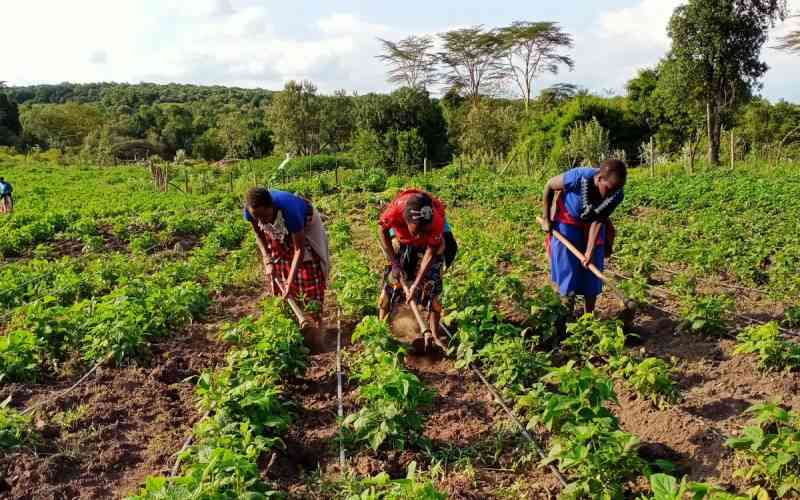
The current drought has been the worst experienced in the Eastern Africa region in the last forty years and is attributable to the widespread effects of climate change. The effects have been devastating with widespread hunger affecting communities in Arid and Semi-Arid Lands (ASALs). The region has experienced inadequate rains in the last three years.
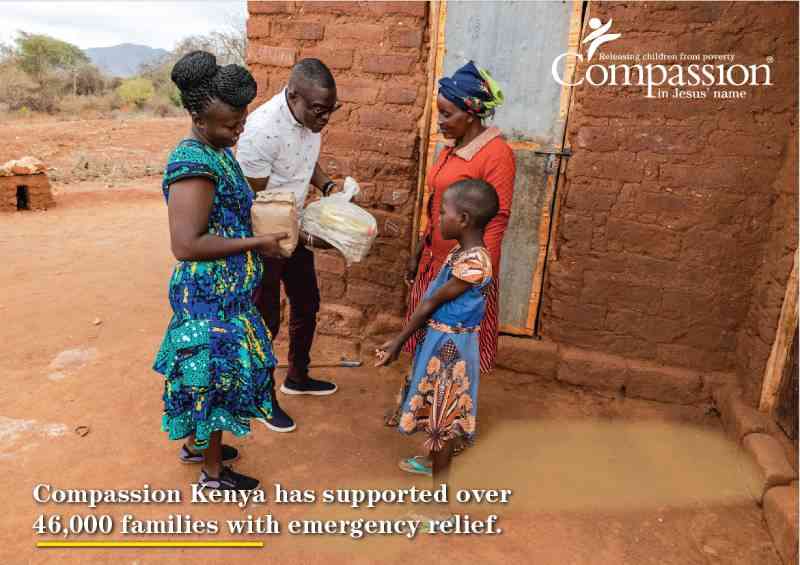
The last time reasonable rains were recorded was in March-May 2020. The inadequate and irregular rains have contributed to low food production, hence the prevailing hunger situation in the region. Besides crop failure, the droughts have been so severe with rampant livestock deaths experienced in the affected areas.
It is estimated that 4.2 million Kenyans, mainly inhabiting the ASALs have been affected by the drought. This has resulted in acute food insecurity that is currently being experienced in the ASAL communities. This has led to the high cost of basic foods in the affected regions.
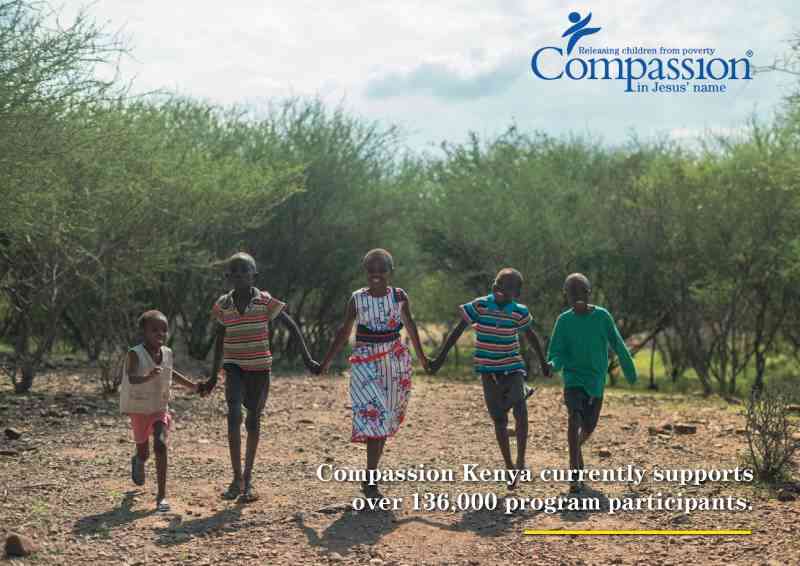
Most families in these areas have been affected by the high-cost living, leading to them disposing of their assets, especially livestock for income to meet their immediate household food needs. In most cases, food if available, is inadequate and inconsistent. This has resulted in high levels of malnutrition among children and women. In Kenya, about 900,000 children are malnourished with 200,000 of these being acutely malnourished.
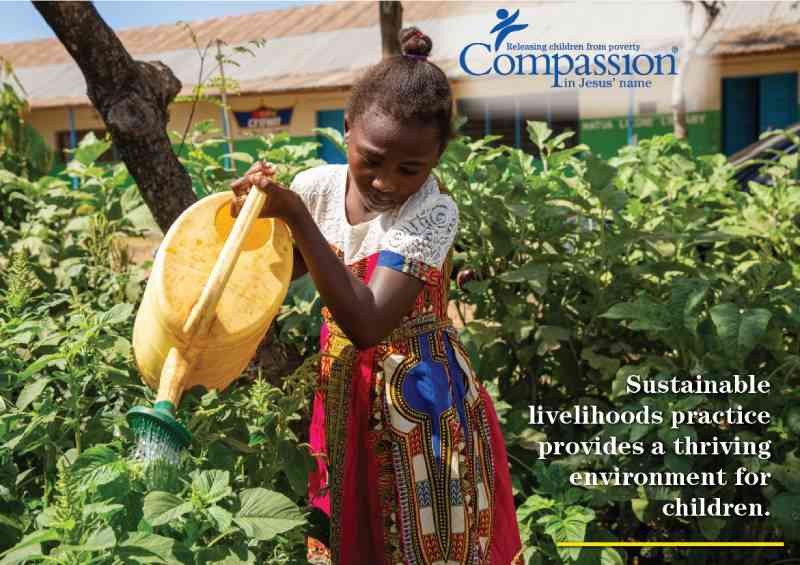
The prolonged drought has resulted in the drying up of the water sources, especially the rivers, on which most of the ASAL communities are dependent for their household water needs. The distance to water sources for households increased during the drought. Thus, women must walk longer distances to fetch water, exposing them to gender-based violence. The households are also exposed to health hazards, as the water from distant sources is of lower quality resulting in high incidences of water-borne diseases.
To address the effects of drought, the communities in the ASALs need to adopt climate-smart practices to mitigate and adapt to recurrent rainfall failure. Communities must embrace rainwater harvesting for growing food at the household level. Rainwater harvesting will reduce dependence on rain for growing food and watering livestock.
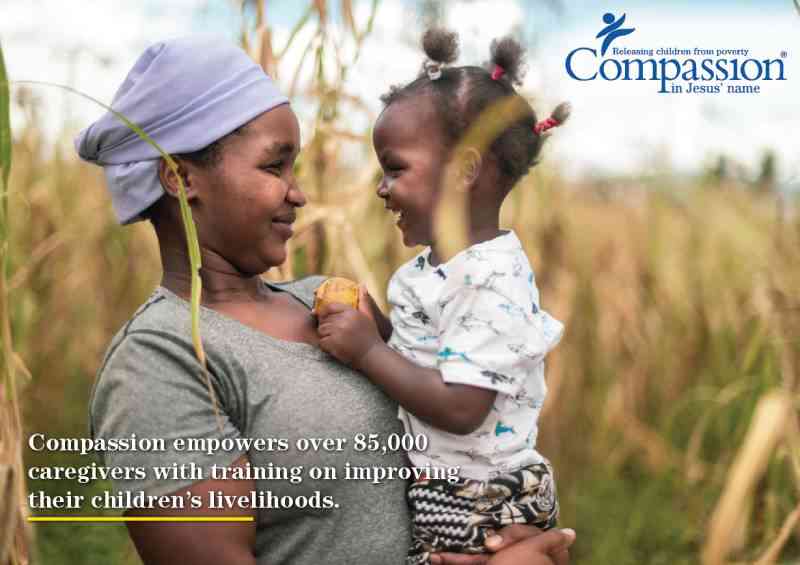
This will call for the adoption of rainwater harvesting at the household level, employing affordable technologies. Farm ponds for irrigation and watering livestock can be excavated using household labour at a low place in the homestead where rainwater flows, or accumulates, during rainy seasons. The ponds are initially built small and enlarged during the following dry seasons for long-term availability of water for farming in the homestead.
Kitchen gardens can be established with sustainable availability of water in the homesteads. Soil and water conservation technologies such as the zai pits and sunken beds can be used in the kitchen gardens to ensure efficient use of the harvested rainwater.
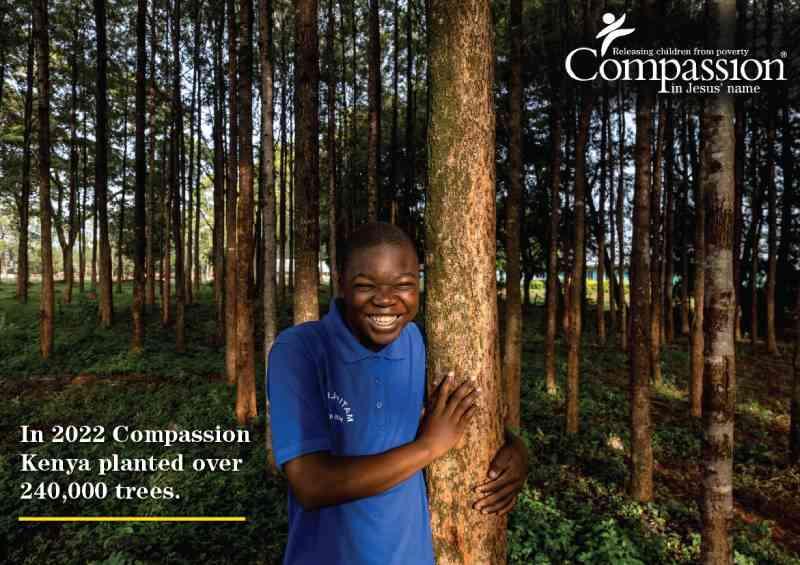
The kitchen gardens can be used for growing indigenous vegetables such as Spider plants, Blacknight shade and Amaranthus that require less water for growth. The households should construct storage structures to store the harvested farm produce for long-term and sustainable availability of food.
Stay informed. Subscribe to our newsletter
Finally, the communities should embrace Drought Tolerant Crops (DTCs) such as cassava, sweet potatoes, green grams and cowpeas for guaranteed harvest. This will reduce over-reliance on maize which produces disappointing yields as it requires high precipitation. The DTCs will compensate for the recurrent low maize yields.
The adoption of these sustainable climate-smart practices will ensure communities in the ASALs adapt to the ravages of drought that have been rampant in recent years due to the effects of climate change.
Julius Wairoma is a Food Security & Livelihoods Specialist at Compassion International Kenya